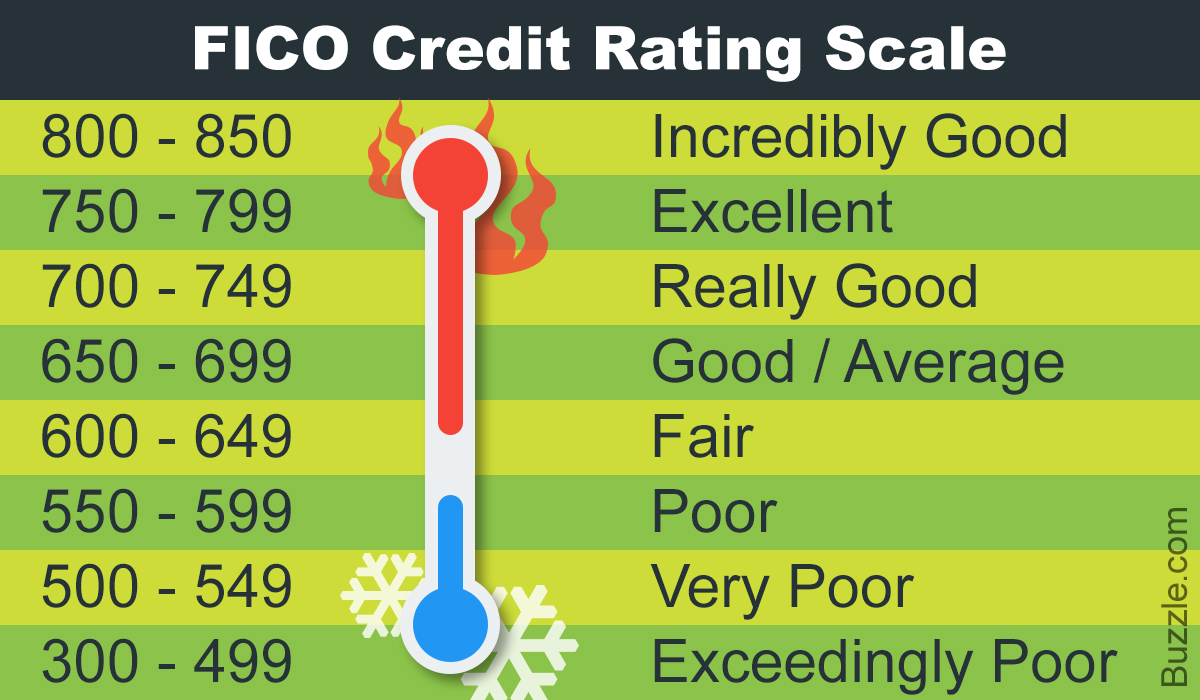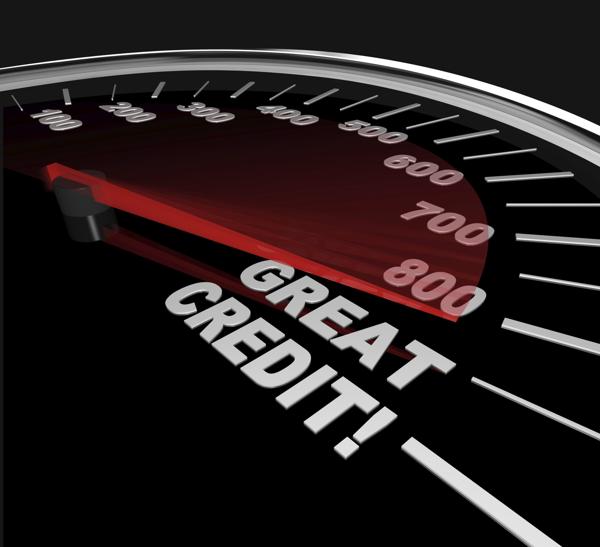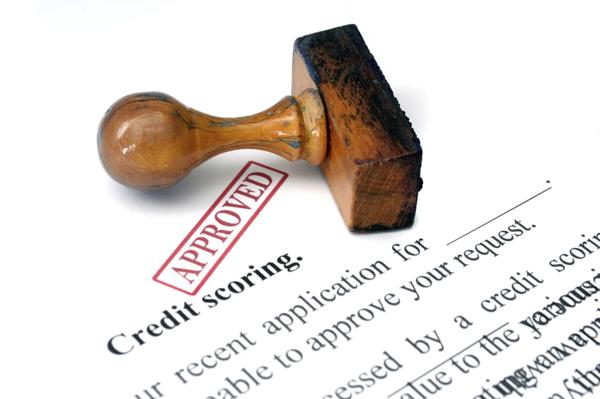
There are two main credit scoring scales that are in use today – FICO Credit Score Scale and VantageScore Scale. These credit scores have implications on your prospects of getting a loan.
A credit score is a statistical figure used to determine the probability of an individual, paying back the money he or she has borrowed, within a specific period of time. When you borrow money, your lender sends detailed information to the credit bureau, to create a credit report that analyzes how well you handle your debts.
The credit bureaus that issue these ratings have various evaluation systems, which depend upon many factors. There are two main credit score bureaus that provide consumers and creditors with credit scores. These are:
• Fair Isaac Corporation’s FICO Credit Rating Scale
• Vantage Credit Rating Scale
The main factors employed to evaluate an individual’s credit report score rating are:
• Credit payment history
• Current debts
• Time length of credit history
• Credit type mix
• Frequency of applications for new credit
Importance of Credit Score
Whether you apply for a credit card or mortgage, your credit score report is always checked. Accordingly, a lender can analyze what risk you pose to him. Increased credit risk implies that a risk premium has to be added to the price at which the money is being borrowed. For example, if you have a poor credit score, your lender will lend you at a higher rate than somebody with a better credit score. Given below are two of the most widely used credit scoring scales in the US.
FICO Credit Score Scale
Fair Isaac Corporation (FICO) is the most widely used credit rating agency in the US, and according to some estimates, has around 90% of the market share in credit scoring industry. The score that FICO uses is considered by a majority of lenders and credit-lending institutions. It is headquartered in San Jose, California, and has offices in more than 12 countries.
The FICO credit score and their implication on the interest rates are as listed below –
800 – 850 Incredibly Good
750 – 799 Excellent
700 – 749 Really Good
650 – 699 Good/Average
600 – 649 Fair
550 – 599 Poor
500 – 549 Very Poor
300 – 499 Exceedingly Poor
VantageScore Scale
VantageScore is a joint venture of three major credit bureaus – Equifax, Experian, and TransUnion. It employs a different scale to measure the creditworthiness of a person. Although FICO holds the lion’s share in the credit rating industry, creditors also use VantageScore to get a second-opinion on the credit history of a person.
A VantageScore Scale looks like this –
900 – 990 – A – The lender will offer you their best interest rate.
800 – 899 – B – There won’t be any problem in getting a loan at a good interest rate.
700 – 799 – C – You may qualify for the loan but not at good interest rates.
600 – 699 – D – You may qualify but the interest rates will be very high.
500 – 599 – F – You may not be eligible for a loan.
VantageScore categorizes the credit score of debtors into grades, which some believe leads to ambiguity and a lack of clarity about their creditworthiness. For example, consider two debtors X and Y. Suppose X has an impeccable credit record and duly deserves to be placed in grade A. Y, on the other hand, just manages to get into grade A. Although the credit histories of both these people are different, they may appear to be of equal creditworthiness to creditors.
Tips on Improving Your Credit Score
▣ Make loan payments on time and for the required amount.
▣ Avoid over-extending your credit, and stay away from unsolicited credit cards as they won’t benefit in any way to your credit score.
▣ Restrict your number of credit applications as having many hits on your credit report is viewed poorly. Do remember though that not all hits are considered to be negative. Things like monitoring of accounts, prescreens, etc., are viewed positively.
▣ Don’t ignore your overdue bills, and if you face any problem regarding repaying your debt, contact your creditor for repayment arrangements.
▣ Be sure of what type of credit you have, as credit from some financing companies can affect your score in a negative way.
▣ Try keeping your outstanding debt as low as possible. Extending your credit close to your limit constantly is considered to be bad and poor.
By understanding what a credit rating scale is and its significance, you will never overlook it as doing that can detriment to your financial health. The above-mentioned tips to improve your credit score will surely help you in improving and maintaining your credit score, and will also ensure that you are offered good interest rates on loans.



